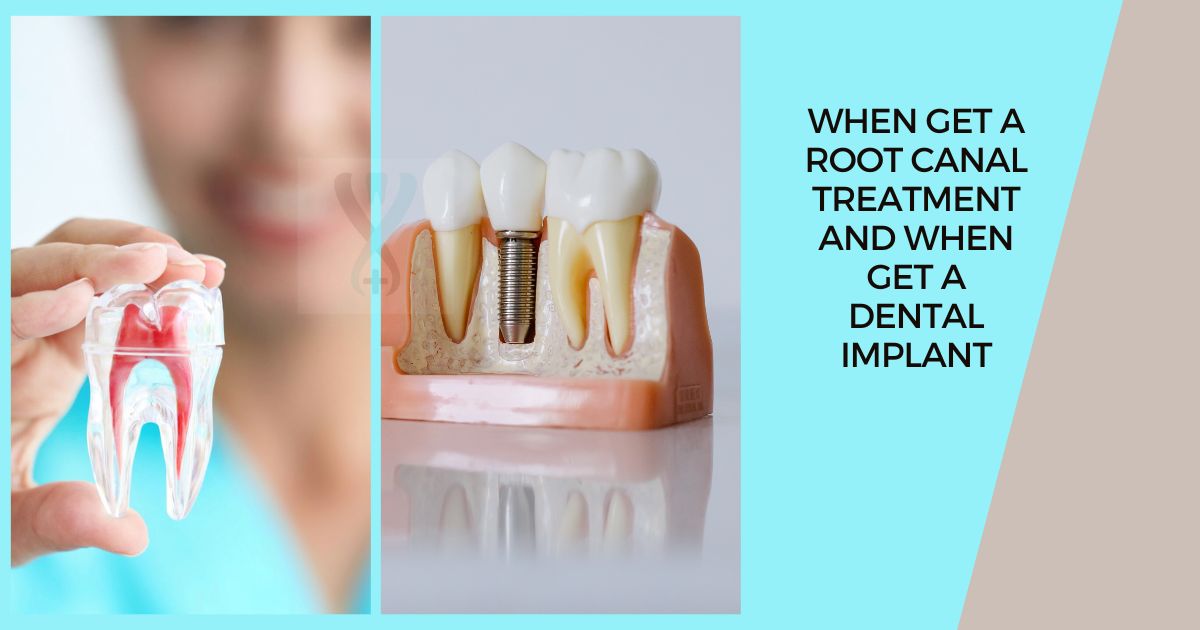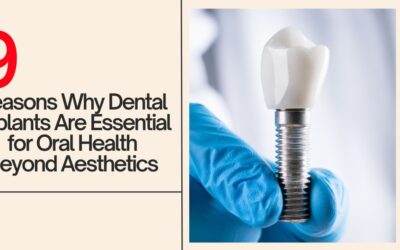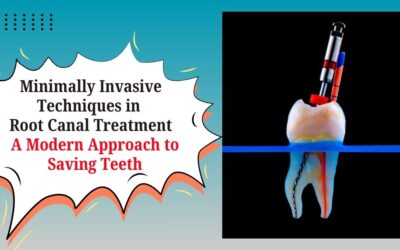Root canal treatment, also known as endodontic treatment, is a common procedure used to save a damaged or infected tooth. The procedure involves removing the damaged or infected pulp (the soft tissue inside the tooth that contains nerves and blood vessels) and cleaning the inside of the tooth before sealing it to prevent further infection. Root canal treatment can be an effective solution to save a damaged tooth, but in some cases, it may not be possible or desirable and in such scenarios dental implants are indeed a suitable alternative. Keep reading.
While root canal treatment is done to salvage the damaged or badly infected tooth, dental implants address the missing tooth issue. In some cases, a root canal treatment may not be able to fully salvage a damaged tooth, and in these cases, a dental implant is seen as a better option. For instance, if the tooth’s structure is severely damaged, or if the tooth is too infected, a root canal treatment may not be possible. In such cases, an implant can be used to replace the tooth entirely. This is accomplished after extracting the badly damaged teeth. However, in the event that the infection is manageable and the tooth can be salvaged with Root Canal Treatment, a dental implant after extracting the tooth does not arise.
In another scenario, if a root canal treated tooth is causing recurrent infection or pain, an implant may be a better solution. Also, if the tooth has a large filling or a crown, the tooth may be too weak to withstand the forces of chewing. In such cases too an implant is considered as a more appropriate option.
It is important to note that dental implants require a healthy and strong jawbone to support them, therefore, if a tooth has been removed or lost due to an infection, the jawbone needs to be allowed to heal before the implant is placed. This healing can take time and your dentist will let you know after doing the regular dental checkup. Your dentist may also suggest other options like Zygoma Implants where even a compromised jaw bone is not an impediment to get dental implants.
Furthermore, you should take note that once a dental implant is in place, it needs to be cleaned and maintained just like your natural teeth. This includes regular visits to the dentist and having good oral hygiene practices like brushing, flossing and rinsing the mouth with mouthwash. This is to prevent any plaque buildup or infection near the implant site..
In conclusion, root canal treatment and dental implants are both effective solutions for addressing two different conditions. With proper care, both root canal treatment and dental implants can provide a long-lasting solution for your damaged or infected teeth, or missing teeth issue respectively.




